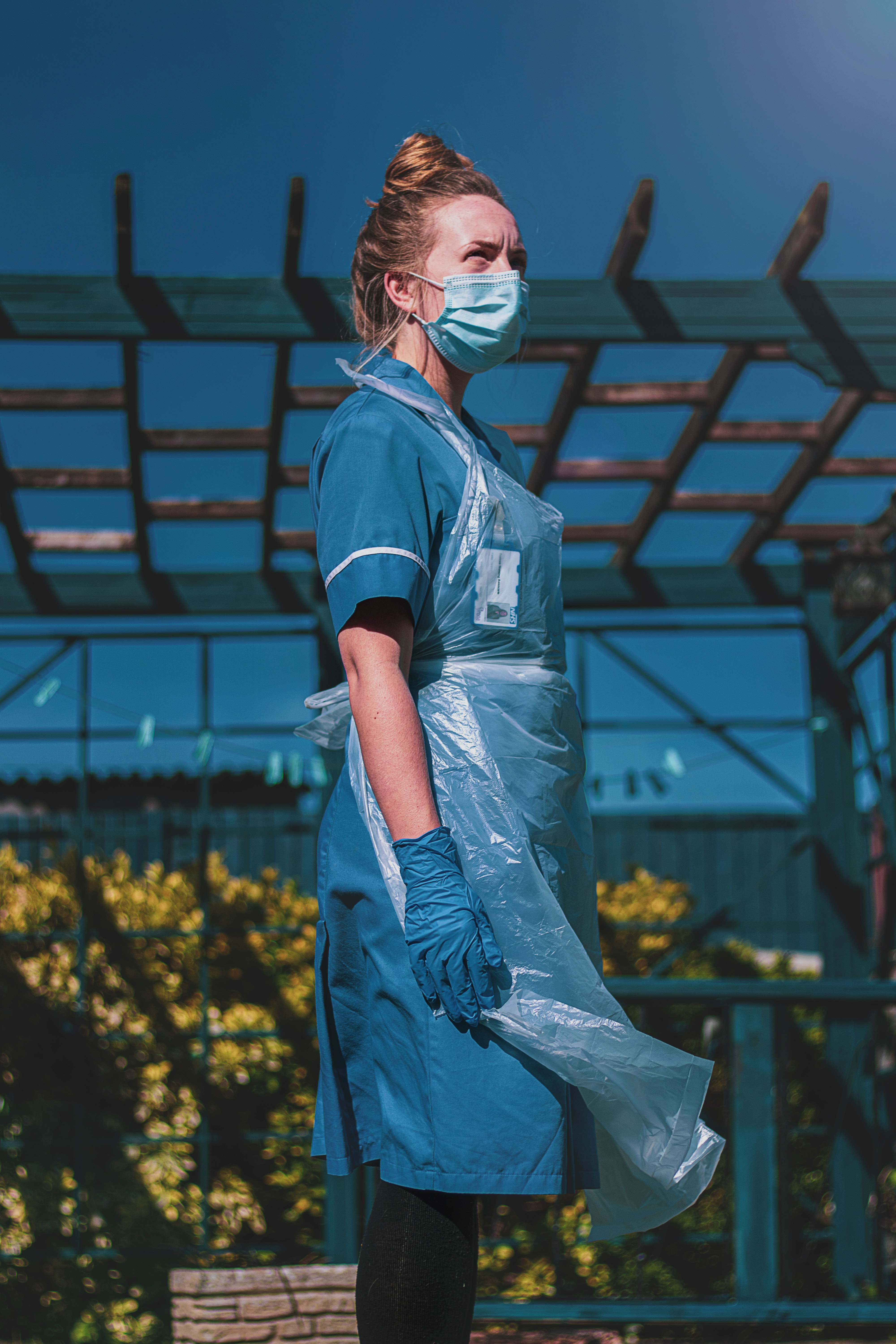
Over the last couple of weeks I have been engaging in one of my favourite pastimes – chatting. I realise this seems a little frivolous, but after the more formal ‘meetings’ of previous weeks, chatting seemed appropriate. There is a serious reason behind this, the impact of ‘emotional labour’.
Emotional labour is defined as “having to induce or suppress feeling in order to sustain the outward countenance that produces the proper state of mind in others”.[1] Or, in layman’s terms, pretending you are OK. For my colleagues and clients across health and social care, and particularly for frontline nursing and care staff, there has been an even greater need to deliver compassionate patient care whilst managing their own emotions during the pandemic, and somehow with the easing of lockdown some of the façade has started to fail.
Through conversation, it has become clear that there is a new impact of COVID-19 on the mental health and wellbeing of healthcare staff: absorbing the anger of the public, patients, and their carers.
In a previous post I mentioned that there was fear from some colleagues about potential litigation once the pandemic was over. Looking for someone to blame for what was and was not done. This is not an unusual reaction, but showering staff with vitriol does seem a little unprecedented. For example, in the care homes I work with every home has received letters or complaints about the care of their residents from family members: “you did not care for my mother“; “you let my father die alone“; “my mother died of loneliness as you wouldn’t let me see her“; “it is down to your lack of care that my brother died“; whether the home had COVID infections or not. The upset this has caused is palpable, with exhausted staff bearing the brunt for doing their job in the most difficult of circumstances.
A similar story is heard from GP practice nurses and reception staff – patients refusing to wear masks, accusing the nurses and doctors of wilfully letting them suffer and refusing to see them when they were in need, demanding to see a professional immediately, refusing to leave the premises. A massive change for the surgeries who earlier were being given gifts of cake and chocolate and sent messages of gratitude.
Hospital staff seem to have faired better, although as outpatient appointments come back online there is an expectation that the pent-up fear and frustration will be released in this setting too.
Maybe it is not only health and care staff who suffer from compassion fatigue – it has happened to the general public at the same time as the clapping stopped and the next normal dawned. However, it is not clear how we should deal with this. Ensuring the welfare of staff across all settings of care should remain at the forefront of workforce planning and is enshrined in the new NHS People Plan; but it doesn’t tell us how to navigate and dissipate the anger of the public, and whilst this remains unaddressed it is our frontline staff that will bear the brunt, sending them ever closer to burnout, and puts the future of our health and care workforce at risk.


